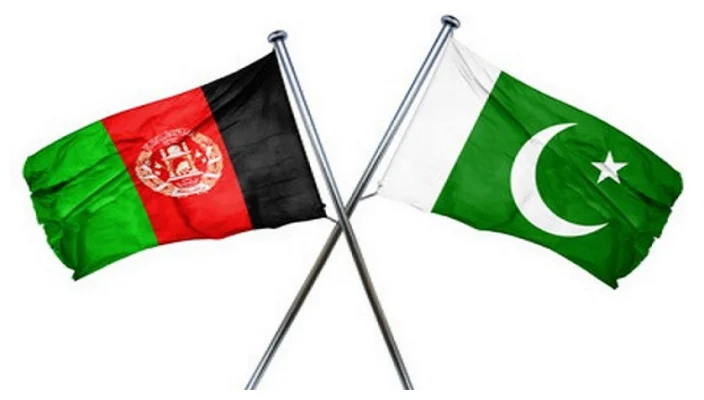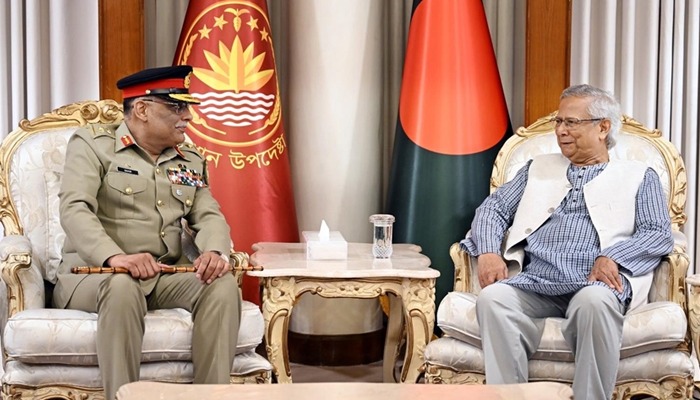India’s expanding nuclear program is becoming a major threat to peace in South Asia, warned Dr. Mansoor Ahmed, a senior expert from the Strategic and Defense Studies Center at Australian National University.
In his recent statement, Dr. Ahmed highlighted that India’s so-called civilian nuclear program is not only destabilizing the balance of power in the region but also poses a growing threat to China’s security. Despite this, he noted, international watchdogs like the IAEA rarely raise concerns about India’s actions.
Dr. Ahmed pointed out that India currently holds 11 tons of civilian plutonium and runs an active uranium enrichment program, with around 6 tons of highly enriched uranium already in hand. This material, while labeled “civilian,” can easily be diverted toward weapon development, he said.
He also shared alarming figures regarding India’s enrichment capacity. Currently at 26 kilograms per year, it is expected to grow drastically once India expands its fast reactor program. Plans to add 5 to 6 more fast reactors could increase the enrichment output to 1,000 kilograms per year, enabling India to significantly upgrade its nuclear arsenal.
Calling it “the world’s largest uranium enrichment and weapons upgrade program,” Dr. Ahmed emphasized that the global focus on Pakistan’s missile program often serves as a distraction from the real issue: India’s unchecked nuclear ambitions.
For more than two decades, Pakistan has faced scrutiny and criticism over its missile capabilities. Dr. Ahmed believes this negative spotlight is part of a strategy to divert global attention from the actual risks posed by India’s growing nuclear stockpile.
He concluded by warning that ignoring India’s nuclear advancements could have serious consequences for regional and global security, especially with regard to its impact on China and the broader South Asian region.
[embedpost slug=”india-pakistan-prisoner-exchange-lists-as-part-of-consular-agreement/”]



















